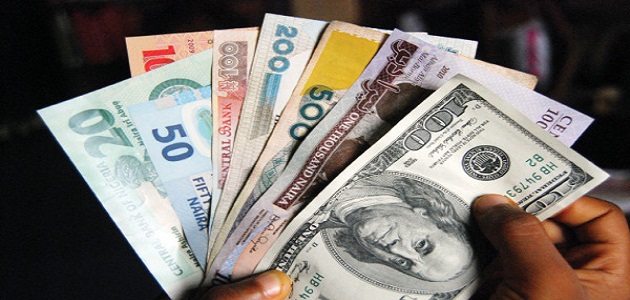
Nigeria Naira
The Central Bank of Nigeria (CBN) on June 14, 2023, directed Deposit Money Banks (DMBs) to eliminate the rate cap on the Nigerian naira at the Investors’ and Exporters’ (I&E) Window of the foreign exchange market to facilitate a free-floating system for the national currency, enabling it to fluctuate freely against the United States dollar and other major global currencies. Sunnewsonline

The policy behind the floating of the naira by the Central Bank of Nigeria (CBN) can be traced to the need to manage Nigeria’s foreign exchange resources, promote economic growth, and stabilize the local currency. Prior to the floating of the naira, the CBN operated a fixed exchange rate regime, which involved fixing the naira to the US dollar at a given exchange rate. However, this policy was unsustainable in the face of dwindling oil revenues, which are the mainstay of the Nigeria economy.
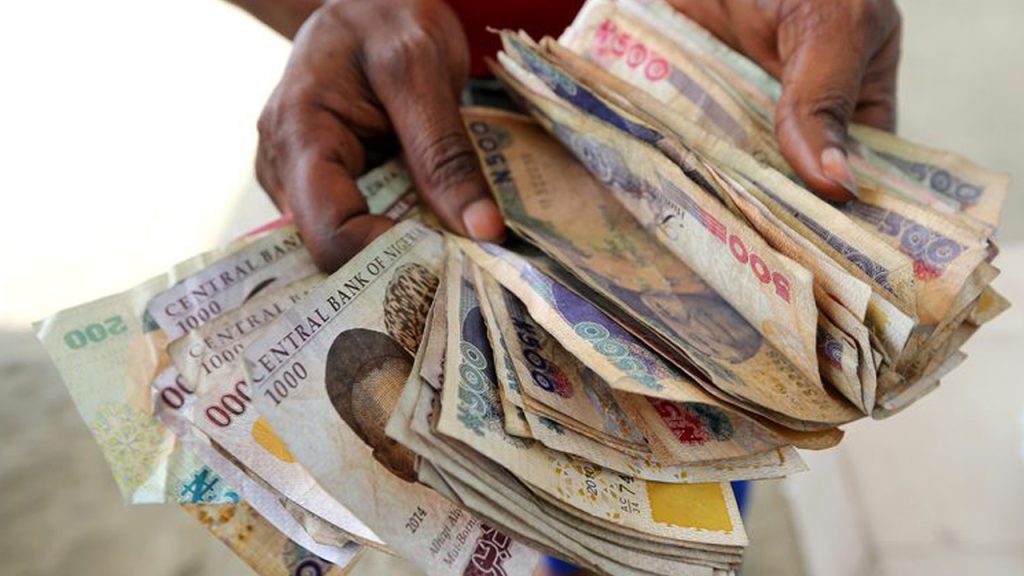
Many economists argue that the CBN took a necessary step by floating the naira exchange rate because it allows market forces to determine the value of the currency based on supply and demand. They believed the adverse effect of fixed exchange rate is the risk of the Central bank running out of foreign reserves while trying to defend a certain exchange rate which may lead to a depletion of the country’s foreign reserves.
This notwithstanding, below are the benefits of floating the naira exchange rate by the CBN.
Benefits of Floating the Nigeria Naira
1) Improved Foreign Exchange Reserves

Floating the naira allows market forces to determine its value in relation to other currencies, which can help improve foreign exchange reserves for the country.
2) Increased Investor Confidence

A floating exchange rate can help create an environment for foreign investment because it puts less pressure on the Central Bank to maintain an artificial exchange rate which indicates that the country is willing to let market forces take control and that the government is committed to creating a stable economic environment. This in turn can attract investors, increase their confidence in the economy and potentially lead to increased foreign investment in the country.
3) Better Balance of Trade
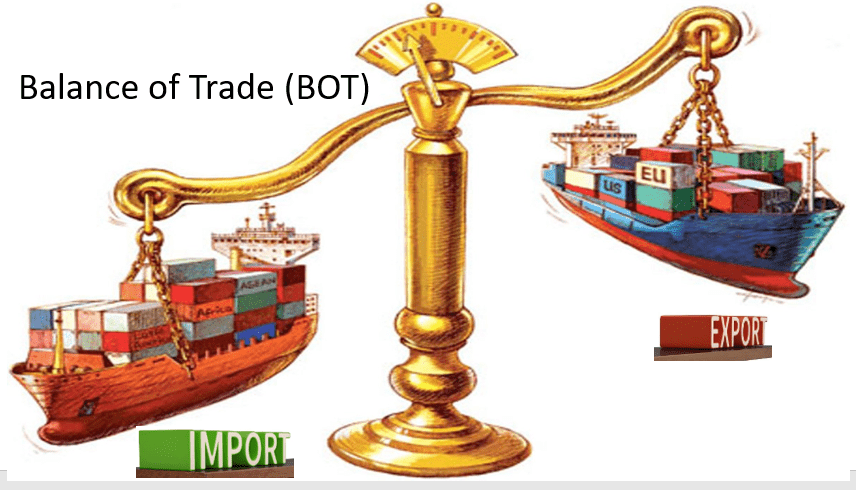
A flexible exchange rate system helps to maintain a balance of trade by providing incentives for exporters and discouraging imports, which can lead to a reduction in the current account deficit.
4) Reduced Dependence on Oil Revenue

By allowing the Naira to float, Nigeria can reduce its dependence on oil revenue, which is subject to fluctuations in global prices and demand.
5) Promotes Economic Stability
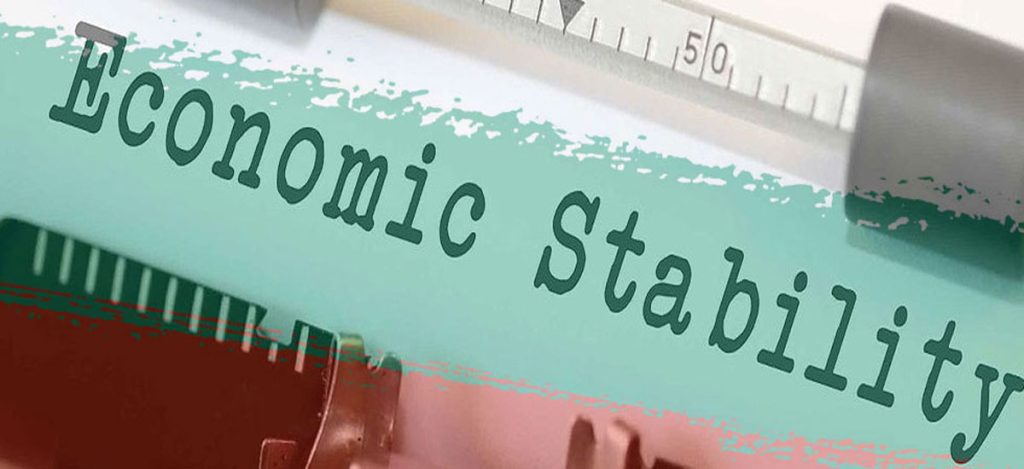
A flexible exchange rate system will promote economic stability as it encourages efficient allocation of resources and ensures that the economy remains competitive and responsive to changes in global markets.
Pitfalls of Floating the Nigeria Naira
Ultimately, whether or not a floating exchange rate would be beneficial to Nigerians in the current harsh economy is difficult to predict. While it may offer some potential long-term benefits, it could also create short-term challenges that would need to be carefully managed by the CBN and other policymakers.
1) Decrease in Foreign Investments

Opponent of the naira floating believe that it would lead to instability in the currency exchange rate which could lead to decrease in foreign investments as investors may hesitate to invest if they are unsure of the value of their investments.
2) High Inflation

They further argue that floating naira could cause inflation to rise rapidly as the cost of imports would increase. This would lead to an increase in the prices of goods and services, making it difficult for many Nigerians, especially those living below the poverty line, to afford basic necessities.
3) Decrease in Government Revenue
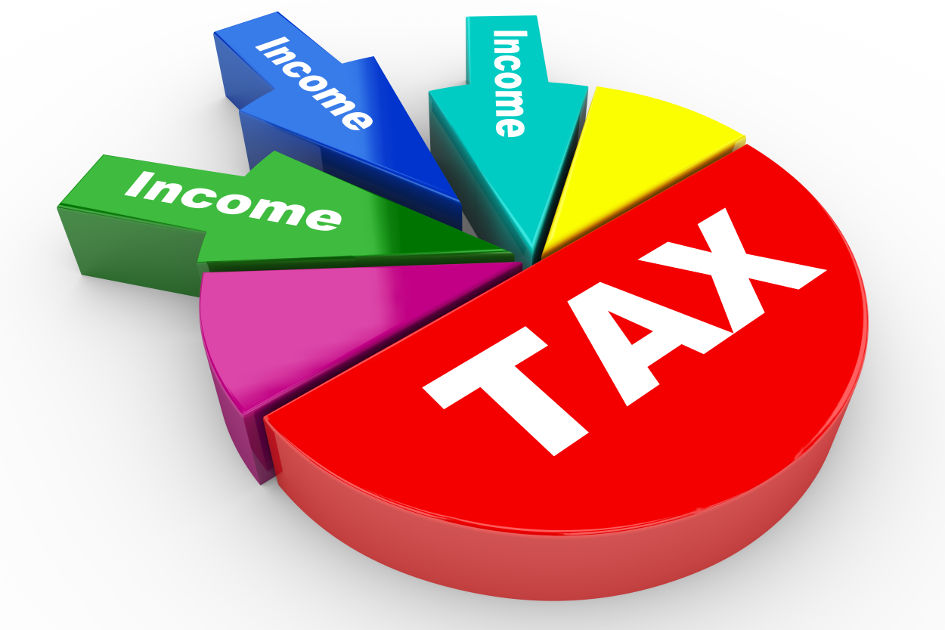
This is because if the value of the naira falls, oil revenues, which make up a large portion of the country’s revenue, will decrease too. This will limit the government’s ability to fund important infrastructure projects and social programs.
Read more on the Effect of Naira Devaluation on Nigerians
How to Survive the Short-Term Effect of Floating the Nigeria Naira
There are possible downsides to floating the exchange rate. For example, a sharp devaluation can lead to higher inflation, which can hurt the purchasing power of the population. It can also lead to increased costs for imported goods, which may negatively impact businesses and households that rely on these imports.
Living with less than a dollar a day is a challenging situation, especially in an unstable economic climate like Nigeria, however, here are some suggestions that may help:
1) Look for alternative sources of income

Consider taking up a part-time job or starting a small business to supplement your income.
2) Cut down on unnecessary expenses
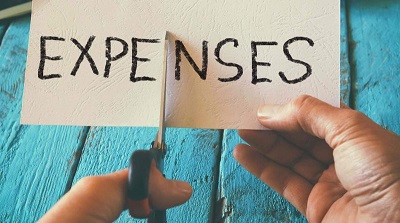
Focus on essential items like food, shelter, and clothing. Avoid unnecessary purchases that can drain your finances.
3) Explore agriculture

If you have access to land, consider growing crops or raising livestock for sale.
4) Saving money

Even if it’s just a little, save whatever money you can. It can come in handy during emergencies or when you need to make important purchases.
5) Seek support from government and non-governmental organizations

Look for programs that provide assistance to people living in poverty. These organizations may offer financial support, training, or access to resources that can help improve your situation.
6) Join a cooperative society

Cooperative societies bring together people with similar interests to achieve economic, social and cultural goals. Joining one could help you access resources and opportunities to improve your situation.
Remember, surviving on less than a dollar a day is not easy, but with persistence, hard work, and a positive attitude, you can gradually improve your circumstances.
In conclusion, floating the naira could have both positive and negative implication for Nigeria’s economy. It could potentially attract more foreign investment, but also increase exchange rate volatility and inflation. The decision to float the naira should take into consideration the potential benefits and risks involved, as well as the overall economic situation and objectives of the country.
Read: How to survive inflation in Nigeria

